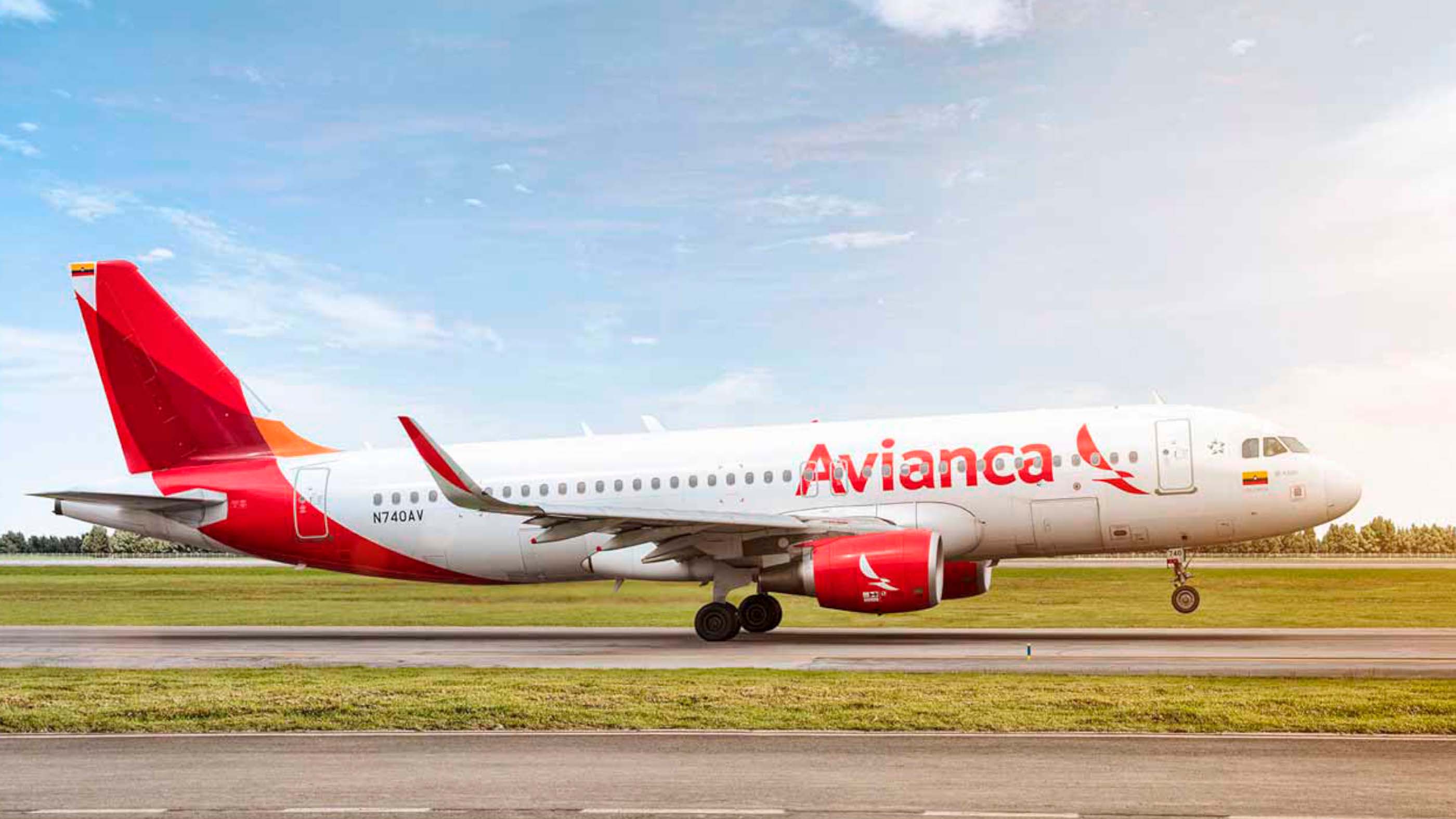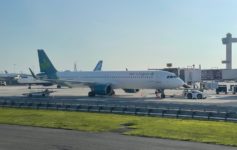Avianca finds itself in a vulnerable position thanks to a recent default by its controlling shareholder. The default gives United Airlines a chance to take majority control of the growing Colombian carrier.
Avianca is majority controlled by BRW Aviation, a subsidiary of Synergy Group (a South American conglomerate owned by Germán Efromovich). BRW Aviation borrowed $456 million from United in November 2018. This loan was secured by 516 million shares of Avianca common stock.
But now BRW Aviation has defaulted on its United loan (due primarily to problems in Brazil). That gives United the opportunity, if it so chooses, to pursue a breach of contract action again BRW Aviation. Down the road, it could give United control over the Avaianca shares. It is a particularly interesting time, because the default comes as Avianca’s stock prices is depressed. Many analysts, in fact, view the company as greatly undervalued versus current stock price. Thus, United may not only have the right to acquire a majority of Avianca, but may be “buying low” and securing a particularly attractive deal.
Avianca is not party to the loan between BRW Aviation and United Airlines. Instead, it finds itself in the middle, pensively waiting for United to act…or not to act. In its 2018 annual report, Avianca addressed the possibility of a BRW Aviation default:
The existence of one or more events of default under the United Loan entitles United or its collateral agent to take enforcement action in relation to 78.1% of our common shares, which could result in United or its collateral agent taking steps to enforce the share pledge, including ultimately taking control of our company or selling such control to a third party, which in turn could constitute an event of default under several of our financing agreements, including material bilateral and multi-lender credit facilities and substantially all of our ECA financings covering our aircraft.
Put simply: Avianca is well-aware of what United could theoretically do.
United’s Careful Investment In Avianca
United Airlines has every incentive to carefully preserve Avianca during this process, not hurt it. The two carriers (along with COPA) signed a revenue-sharing joint venture agreement in 2018. If United-Continental holdings becomes the primary shareholder, it certainly will not want to hurt its investment.
And Avianca has so much potential. It commands a huge market share in the Central America domestic market, boasts consistently high load factors, and has turned its LifeMiles loyalty program into a lucrative venture. Avianca Cargo is also growing nicely and Colombia’s emergency from a civil war has increased demand within Colombia for national and international travel.
Put simply, Avianca is well-positioned to grow and its current depressed stock price brought about, in part, by the BRW Aviation default may present a once-in-a-lifetime opportunity for United.
CONCLUSION
Although technically no foreign ownership rules in Colombia exist like in much of the world, Colombian regulators and the court system may attempt to put the brakes on an acquisition from United. But on paper and in theory, United has a right to seek control of Avianca. It could make for a very interesting expanded partnership…
For more technical details, check out this helpful article.
> Read More:As Court Orders Airline To Surrender 20% Of Fleet, United Watches From Afar
image: Avianca





Matthew, any idea if this would include the Brazil domestic operations? I ask as they are technically, I think, run as two different companies. If it did include Brazil and what is left in domestic operations this could make United the clear leader in South America and oust American/LATAM from the throne.
My understanding is that it Avianca Brasil is a separate company.
Avianca and Avianca Brazil are separate companies, but they have the same parent company, Synergy Group.
While it would help, it would take a lot more than this to oust AA/LATAM as the leaders in South America. LATAM has passenger-carrying subdivisions in 7 South American countries (Argentina, Brazil, Chile, Colombia, Ecuador, Paraguay, and Peru) and has considerable pricing power in every country that they fly to. On top of that, AA has a better footprint in South America and the best US hub for flights to Latin America in their MIA operation. While a UA acquisition of Avianca (with or without Avianca Brazil) would narrow the gap, AA/LATAM would still be king.
It would be interesting to see how the United-Azul partnership progresses in the next few months.
Currently, UA has 5% stake in Azul and Azul has expressed interest in acquiring Avianca Brasil, while being an equal partner in the Brazilian-Portuguese joint venture that is the majority owner of TAP Portugal. If Azul acquires Avianca Brasil, or the latter goes default, it would be very likely that UA & TP would push for a JV with Azul (which has already been in talk for a while), and even make Azul (at least) a Star Alliance Connecting Partner. That could help UA significantly in the LatAm market
RIP Life Miles I guess. United will destroy that too.
Would have been a lot cheaper to buy the equity t todays depressed prices . No doubt United will find a way to screw this up.
United taking ownership could create some very thorny issues with their Union CBAs. It will be very interesting to see how this one plays out.
COuldn’t UA buy it and operate it as a wholly=owned subsidiary much like LH does with it’s Eurowings unit ?
Thereby skirting the union issues with its own employees?
Keep in mind that Avianca has been operating continuosly since 1919, yes Avianca is 100 years old the second oldest airline in the world.
Could you please correct the part that says that Colombia emerged from a “civil war”? This information is incorrect and irresponsible to publish. Colombia has had an internal violent conflict against mainly two guerilla groups and narcotrafic organizations but was never involved in a civil war. This is one of the reasons why Avianca has been able to operate without interruptions since 1919 and has always had the biggest share of comercial air traffic in Colombia.